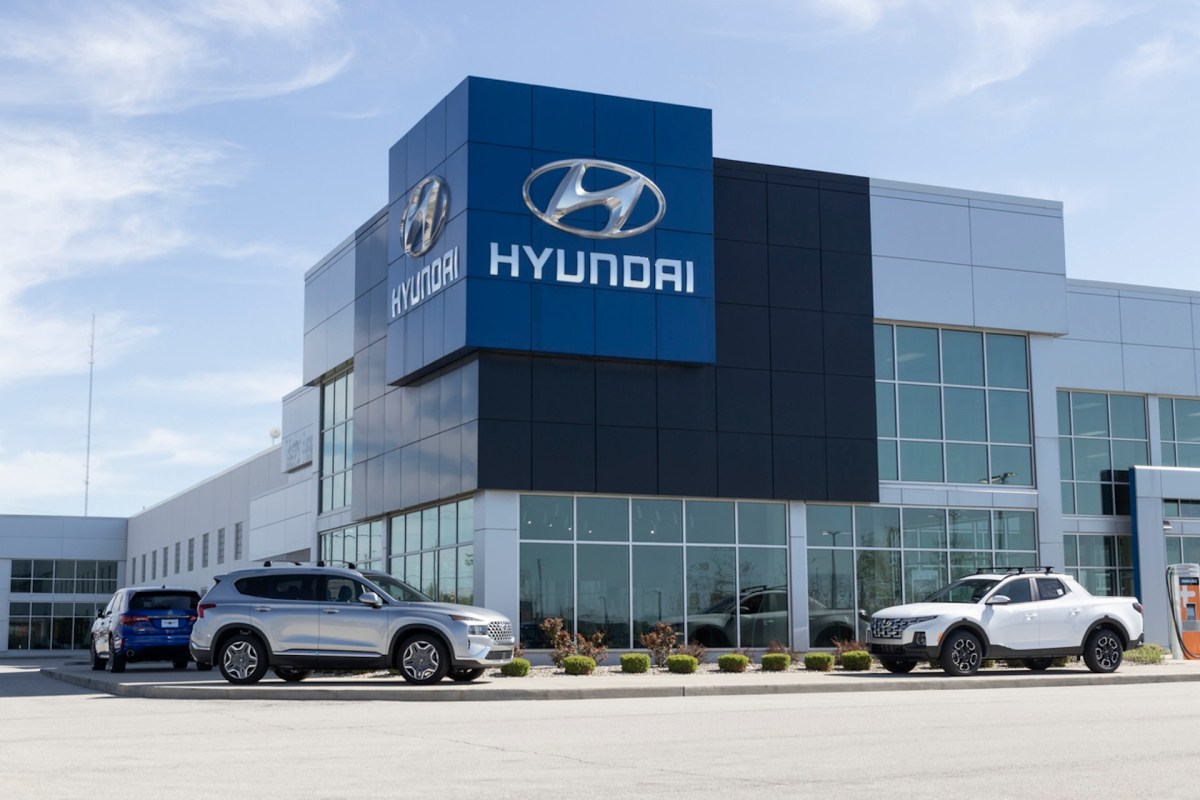A new facility that will bring more electric vehicle and battery production to the state of Georgia is making significant progress, and Hyundai is expecting the factory to be ready in 2025.
According to the Associated Press, it will be the first EV manufacturing site the South Korean carmaker will open in the United States, and it will be dedicated to the production of zero-tailpipe-pollution cars.
🎉Celebrating Hyundai Motor Group Metaplant America's one-year anniversary of its groundbreaking in Bryan County!
— Hyundai USA (@Hyundai) October 25, 2023
Check out the latest design renderings of the cutting-edge electric vehicle and battery facility that is on track to start production in early 2025.
More info:… pic.twitter.com/cI9o1ZNSBT
The brand's "metaplant" is coming at a cost of $7.6 billion and spans 2,900 acres. Once complete, it will be able to deliver 300,000 EVs annually.
Progress on the construction of the factory has been swift, with Hyundai hoping to take advantage of federal incentives for EV and battery production in the U.S. The AP said it could access as much as $2.1 billion in state and local tax breaks.
In addition to new electric cars, Hyundai has also signed an agreement with Georgia Tech to help advance research into hydrogen-fueled vehicles, another pollution-free technology that could be adopted by the auto industry, according to the AP.
The Biden Administration's Inflation Reduction Act has spurred the creation of EV and battery facilities in the United States' southern regions, an area that is increasingly referred to as the "battery belt."
The policy is intended to help the country toward its target of having 50% of all new vehicle sales be electric models by 2030. Customers are also able to access tax credits of up to $7,500 for EVs made in the U.S. (and using properly sourced battery components) to make buying them more attractive.
While cost is one prohibitive reason for potential purchases of EVs, range anxiety is another. Making long journeys is seen as difficult to achieve because of a perceived lack of infrastructure and the time it takes to charge a vehicle.
However, Hyundai signed a deal with Tesla in early October that will see North American Charging Standard ports on its vehicles from the fourth quarter of 2024, allowing access to more than 12,000 Tesla Superchargers in North America and Mexico in addition to other standardized charging stations across the country, according to AP reporting.
"This new alliance will provide Hyundai EV owners confidence in their ability to conveniently charge their vehicles and complements our joint venture company to create a new, high-powered charging network with at least 30,000 stations across North America," Hyundai president and COO José Muñoz said in a press release about that deal.
Join our free newsletter for cool news and actionable info that makes it easy to help yourself while helping the planet.









